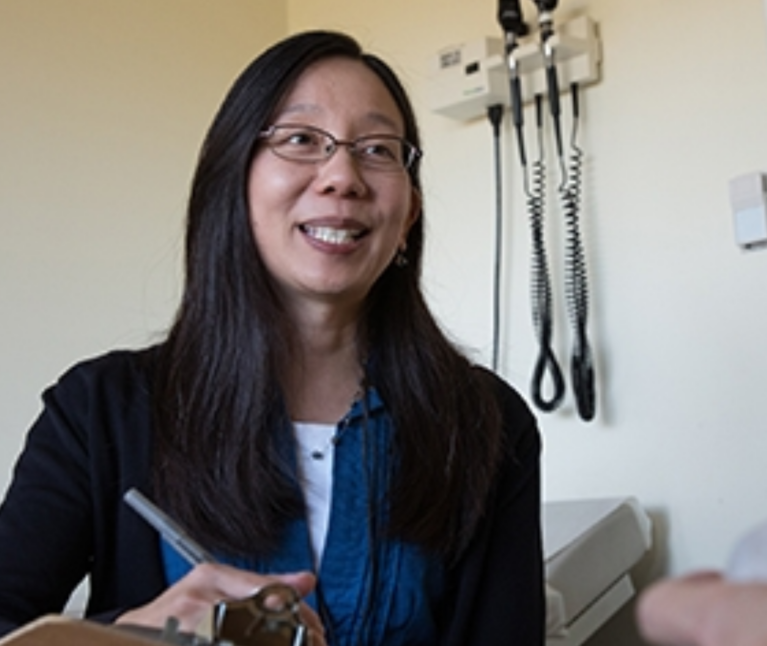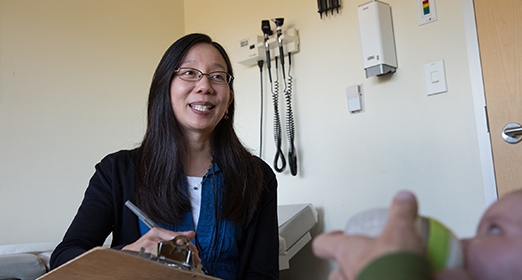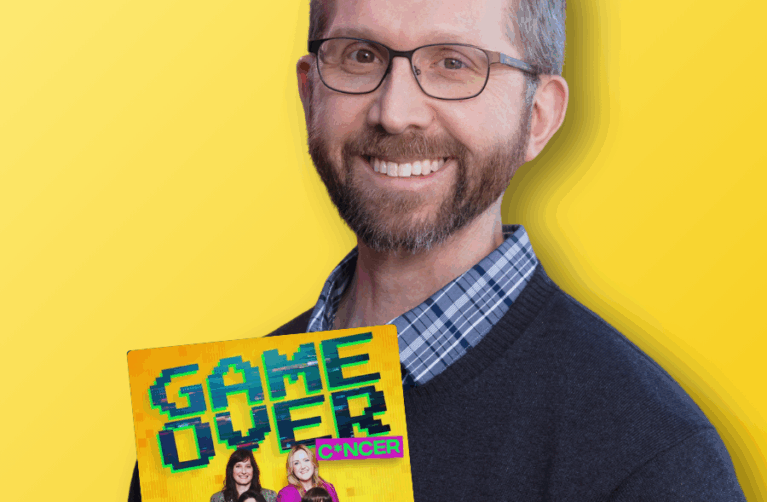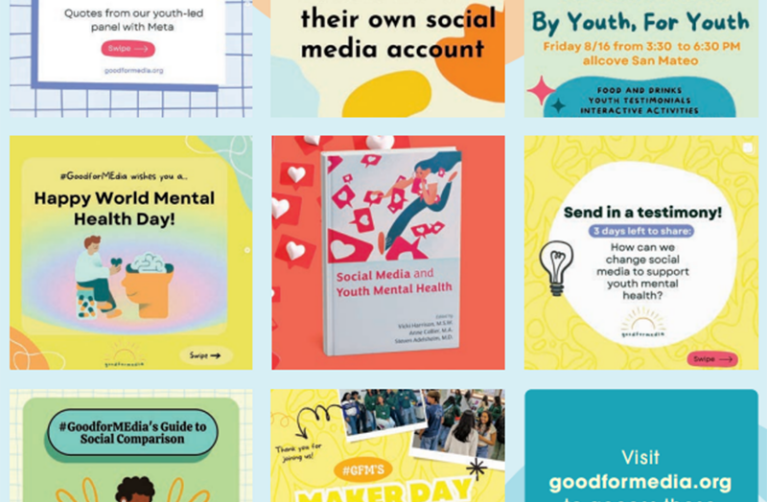As kindergarteners and first- and second-graders settled into in-person learning this fall at San Francisco’s Tenderloin Community School, Stanford pediatrician Irene Loe, MD, launched a research project aimed at fostering a “growth mindset” as they learn to read. A growth mindset is important because it opens a world of learning and creates resilient thinking and attitudes. Loe wants teachers and parents to have the resources they need to nurture it.
“Growth mindset is the idea that your intelligence or abilities are malleable and can be grown through effort—that they are not fixed traits,” explains Loe. “Kids with growth mindset see their mistakes as a chance to grow. They feel their intelligence can be improved with hard work. In contrast, kids with a fixed mindset see their intelligence as something they were born with. They worry that mistakes mean they’ve failed.”
Loe is working with Stanford pediatric surgeon Claudia Mueller, MD, PhD, and pediatrician Kara K. Wright, MD, MPH. Their study, backed by $500,000 in funding over five years from Stanford’s Maternal and Child Health Research Instititute, will measure parents’ growth mindset before and after an intervention that proivides books to kindergarteners through second-graders and offers parents education and videos, available in four languages, about how to read with children using the principles of growth mindset.
“When you tell parents that rather than telling kids they’re smart, it might be better to praise their effort, it might be counterintuitive,” Loe says. “But growth mindset is linked to better academic achievement and task persistence. Data suggest it may also be associated with better health.”
This article originally appeared in the Fall 2021 issue of Packard Children’s News.





